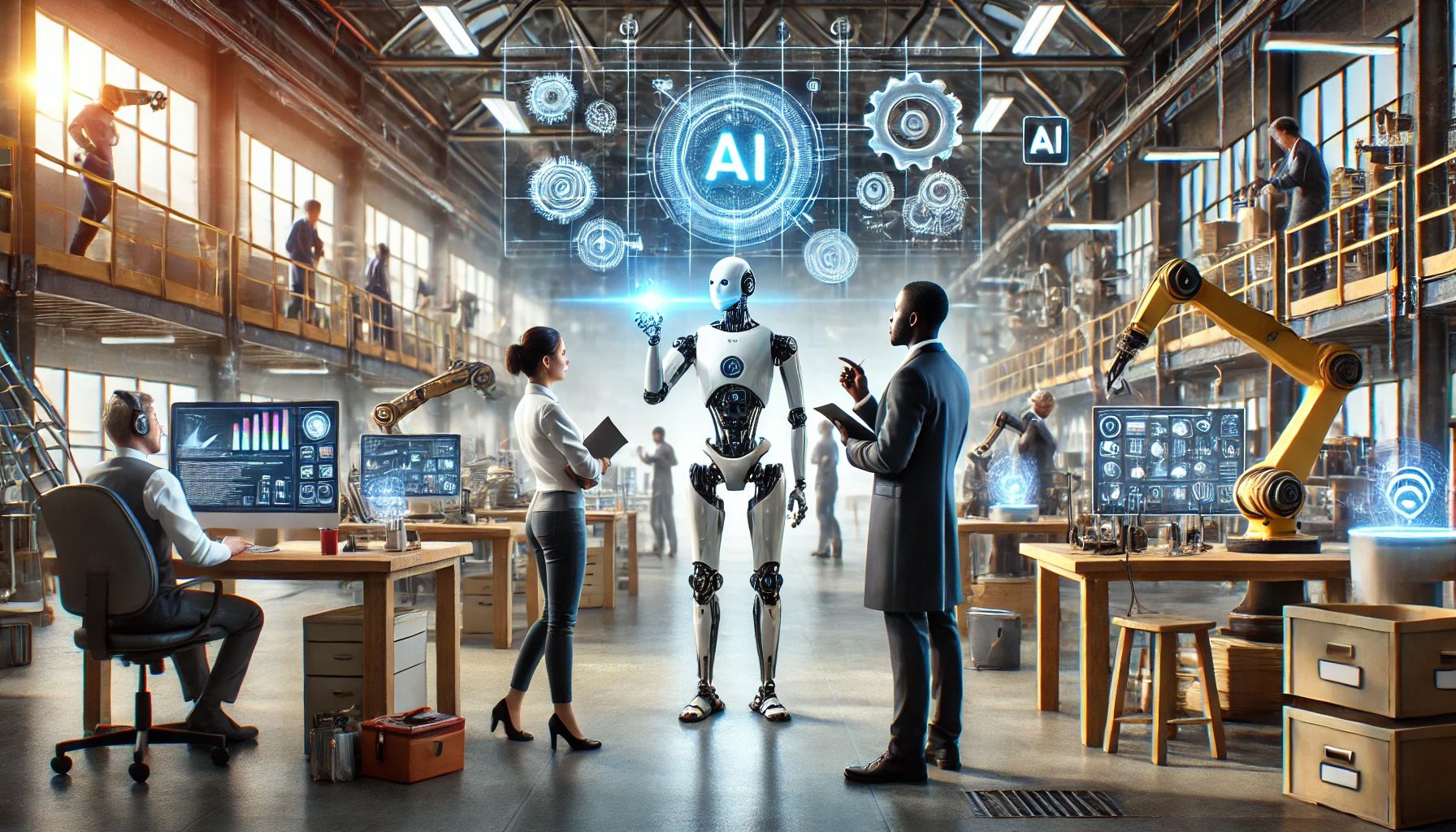Artificial Intelligence (AI) is revolutionizing the retail industry, offering smarter ways to enhance customer experiences, optimize operations, and drive business growth. As retailers embrace digital transformation, understanding the benefits of AI becomes essential for staying competitive and relevant in an evolving market.
How is AI Used in Retail?
AI in retail involves the use of machine learning, data analytics, and intelligent automation to improve decision-making, personalize shopping experiences, and streamline backend operations. From chatbots to predictive analytics, AI tools are becoming a vital part of modern retail strategies.
Key Benefits of AI in Retail
Personalized Customer Experience
AI enables retailers to analyze customer behavior, preferences, and purchase history to deliver highly personalized recommendations. This results in tailored promotions, curated product suggestions, and dynamic pricing—enhancing customer satisfaction and boosting sales.
Inventory Management Optimization
AI-powered demand forecasting helps retailers manage stock levels more efficiently. It predicts trends, seasonal spikes, and buying patterns, reducing overstocking and stockouts. This ensures better inventory turnover and reduced waste.
Improved Customer Service
Chatbots and virtual assistants, powered by natural language processing, provide instant support to customers 24/7. They handle routine inquiries, track orders, and even help with product discovery—freeing up staff for more complex issues.
Fraud Detection and Loss Prevention
AI systems monitor transactions in real time to detect suspicious activities and prevent fraud. Pattern recognition algorithms help reduce chargebacks and identify irregular purchasing behaviors, safeguarding both customers and businesses.
Smart Pricing Strategies
AI can analyze competitor pricing, demand fluctuations, and customer trends to recommend optimal pricing strategies. This allows retailers to stay competitive while maximizing profit margins.
In-Store Analytics
Using computer vision and sensor data, AI can track customer movement within physical stores. This helps retailers understand shopper behavior, optimize store layouts, and improve product placement to increase sales.
Supply Chain Efficiency
AI enhances supply chain visibility by analyzing logistics, supplier performance, and transit times. Predictive insights allow retailers to avoid disruptions and maintain seamless operations from warehouse to shelf.
Ethical and Practical Considerations
While AI brings tremendous advantages, it’s important to implement it responsibly:
- Data Privacy: Retailers must handle customer data ethically and in compliance with privacy regulations.
- Transparency: Businesses should be clear about how AI is used, especially in decision-making processes.
- Human-AI Balance: AI should augment human workers—not replace them—by enabling better productivity and customer service.
Conclusion
AI is transforming retail into a smarter, faster, and more customer-focused industry. From enhancing personalization to streamlining operations, the benefits of AI are reshaping how retailers connect with consumers and manage their businesses. By adopting AI thoughtfully, retailers can unlock powerful new opportunities for innovation and growth.







Leave feedback about this